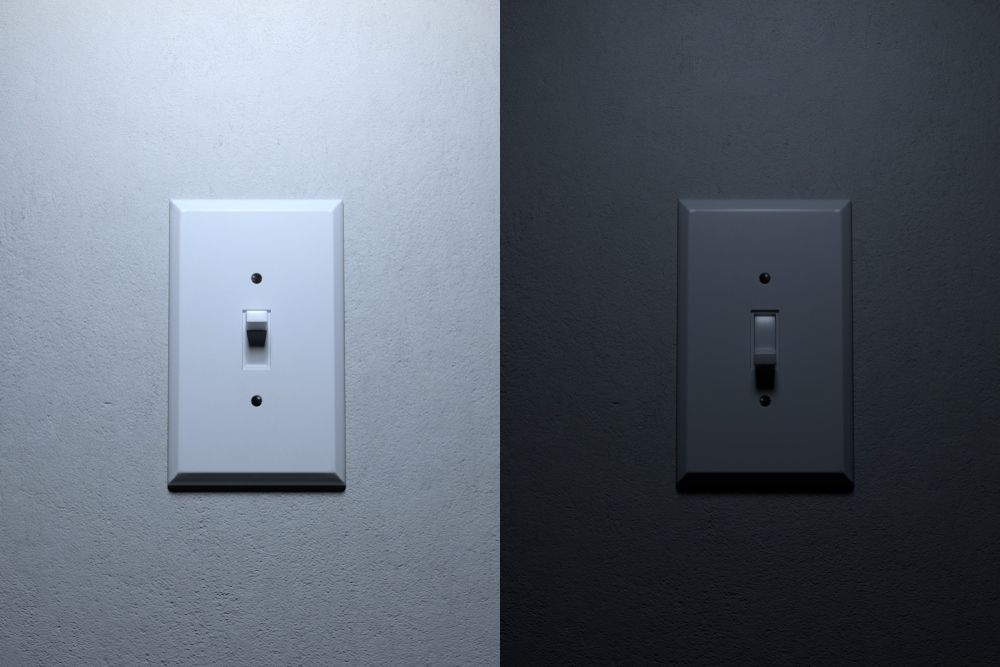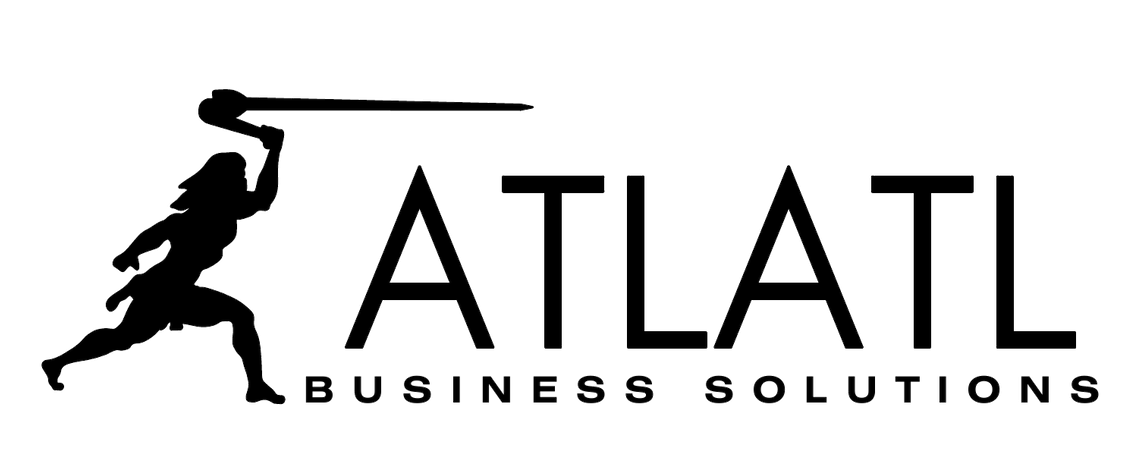
The Fight Against the Side Effects of Remote Work
I went ahead and asked ChatGPT for an explanation as to how a person can take care of their mental health while working remotely and here’s what it said:
Prompt: “In one sentence, how can one take care of their mental health while working remotely?”
Response: “To take care of your mental health while working remotely, set clear boundaries, stay connected, take regular breaks, get outside, and make time to check in with yourself.”
I can’t say that I disagree. The problem I find is that ChatGPT will never know what anything actually feels like. It can guess based on all the information available to it, but it will never actually know. I think we often forget that the “A” stands for “artificial, ” meaning, we made it. Something that we gave intelligence has the power to diminish our intelligence. Our creativity. Our ability to problem solve. But we’re talking about mental health, right? So why even bring AI into the conversation? Because it has amplified our love for convenience. I’m not trying to say that AI is all bad, because it isn’t. I’d be an absolute hypocrite to say that I think any differently, because I use it too. I only aim to illustrate how this new convenience has infiltrated our lives, and we’re the ones who gave it the keys to the front door.
(Before I get any deeper into this, I want to preface that I am not a mental health professional. I do not in any way wish to diminish someone’s mental illness or speak as though I understand their experience. This is purely directed towards the isolation that often comes with remote work, with thoughts on how to combat it.)
People always talk about the relationship between mental health and remote work because of the isolation and/or loneliness that might come with it. Things like unclear hours, lack of communication, or lack of human interaction can unfortunately be common side effects. This is where AI got it right. Remote workers should absolutely try to have clear working hours, figure out how to communicate with their team, and interact with people throughout the week in order to fight the side effects. However, I think a more underlying problem is that we secretly love it.
“It,” as in the “convenient. ” The numbness, disassociation, & busyness. We love to wake up and immediately turn our brain on blast with social media, emails, news, etc. We love to work. We love to click that notification on our lunch break. We love to “quickly” handle business during dinner. We love to close our computers and immediately check social media again. We love to “add to cart” and watch things show up at our door the next day. We love it. We absolutely love the convenience that we have created for ourselves. Who can blame us? I can’t think of one single thing that we don’t have readily available at our fingertips. Every answer, every show, every song, every proper response, every grammatical error, every book, every store. It’s sitting in our pockets. It’s sitting in our pockets, and we don’t feel it burning. And I realize that I probably sound like that crazy person who says, “your phone is frying your brain!!!” and I truly don’t mean it that way. But I do think that our love for convenience can absolutely be damaging to our mental health, and the problem only grows for remote workers. So, how on earth do we nurture it?
In the inconvenient.
The “inconvenient” as in, the abrupt phone call with an old friend in the middle of the day.
The spontaneous text to see if you want to go on a walk.
Pages read in a fiction book.
Intentional thought put into a handwritten card.
Lingering after a finished meal because the conversation is just. that. good.
Hours (or maybe days) spent playing Monopoly.
Sitting in silence with a friend who is hurting, just so they aren’t alone.
I only call these things inconvenient because they take an uncertain amount of time. Time that many think they can’t afford to lose, but they’ll spend it online in a heartbeat. Most of the “inconvenient” things require patience and a genuine human experience. They are the things that keep us whole.
Remote work has countless benefits, but its dangers follow shortly behind. Isolation will swallow us whole if we let it. If we let ourselves become so consumed by technology in and out of working hours and only choose the “convenient.” An absolute dependence upon technology will rob us of our creativity, self-confidence, and love for community. Just because your job is remote, doesn’t mean you have to be. Quality time spent with the people you love and the community surrounding you should be what’s “convenient,” because it’s life-giving. It’s what gives us memories, forces creativity, and strengthens us in every way.
Let this serve as your reminder that you are ultimately the one in control of your choices.
Appreciate remote work for the flexibility it provides and the productivity it allows for, but know that there is much more to life. We’re relational beings. The side effects of working remotely aren’t always completely avoidable, but there’s a good place to start.
The “inconvenient. ” Pay it a visit sometime. Bring a friend with you.


